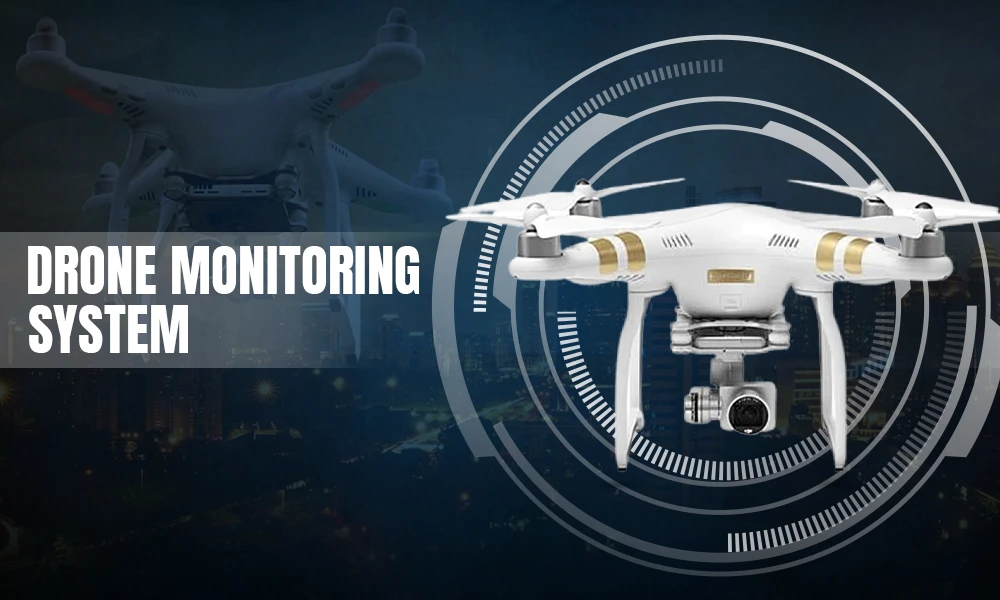How Technology Could Transform the Future of Will Writing

While it may not be among the most positive things to think about, there will come a time in almost everyone’s lives in which a will must be written. Since a will is such a crucial document, people often turn to will writers, Birmingham and beyond, depending on where they live. These will-writing services ensure that wills convey everything they need while adhering to the laws in place.
As with any industry, technology is starting to transform the future of will writing. Of course, there is no telling of what the future holds, making this blog a speculative piece. Despite this, a handful of educated guesses can be made about how technology is set to shift the future of will writing, as detailed below.
Remote Witnessing
First and foremost, if the COVID-19 pandemic and lockdown taught us anything, it’s that face-to-face interactions aren’t always essential. To that avail, it could be the case that remote witnessing replaces physical witnessing. Currently, the law is that two witnesses must be physically present when the testator signs their will. These witnesses must be in the same room as the testator and be able to see the signature being made.
In emergency circumstances, it may not always be possible for witnesses to be physically present, which is why the law may adapt to overcome this. Lockdown resulted in video conferencing platforms such as Teams, Zoom, and Skype being refined to meet the increasing demand for such. As a result, remote witnessing could become commonplace.
Electronic Signatures
For upwards of two decades, electronic signatures have been a valid form of agreement for a number of areas. When it comes to wills, though, this isn’t yet the case. Since wills aren’t contracts, they don’t have the same legislation as commercial transactions. Essentially, they’re held in much higher regard, meaning e-signatures are not yet considered secure enough to be valid.
For instance, if e-signatures were to become commonplace in the world of will writing, they would need to be much more than the testator’s name being typed out. No matter who electronically types a name, the result will be the same, making this too vulnerable to fraud. This is also a similar case for digital images of written signatures.
In order to overcome the downfalls of e-signatures, more extensive measures would have to be introduced. These measures might include encryption-based signatures or biometrics to increase reliability.
Electronic Wills
Currently, the law states that wills must be in writing, which can also mean they have been electronically prepared but printed. Even if the will has been typed and printed, the testator’s and witnesses’ signatures must be physically written in ink. Despite this, the world seems to be moving online, so there will likely be no reason wills can’t do the same in the future.
Other Alternatives
Some countries are already opting for “non-traditional” wills, which might start to expand even further afield. For instance, some states in Australia have the power to admit wills into probate, even if it’s not considered a traditional form. As a result, wills may have the potential to become more bespoke. Of course, they’ll have to be valid from a legal perspective; however, unique circumstances could be treated accordingly.
The world is an unpredictable place, so there’s no telling where the world of will writing might go. That said, this unpredictability might just be what drives will writing in a different direction. Regardless of where will writing goes, though, creating your will is one way of gaining control even in the most unforeseen of circumstances.










